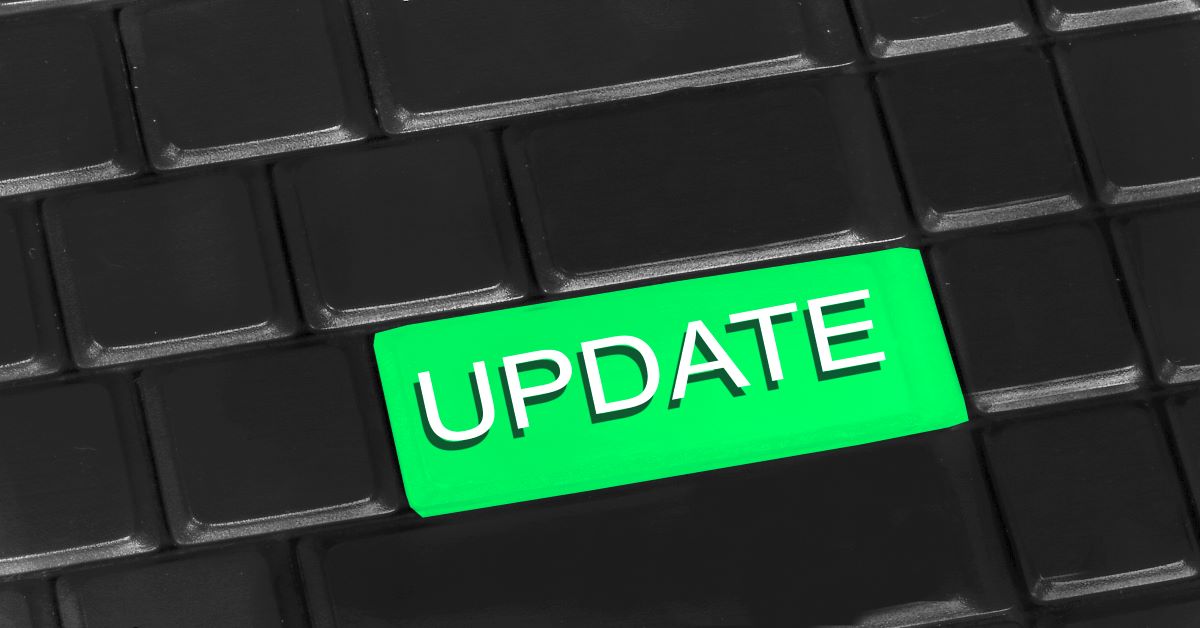Home Health Software Tag
02 Oct EVV Implementation Dates
EVV UPDATES
As 2020 approaches and we draw closer to full implementation of the 21st Century cures act, Alora continues to monitor on a state by state basis how the EVV adoption process is unfolding. While many states are already up and running with their electronic visit verification system, others have petitioned for postponements or long-term delays. Here are the latest EVV updates in several states:
01 Oct Review Choice Demonstration Update
[vc_row css_animation="" row_type="row" use_row_as_full_screen_section="no" type="full_width" angled_section="no" text_align="left" background_image_as_pattern="without_pattern"][vc_column][vc_column_text]
RCD Implementation Update
In the latest homecare news, the Centers for Medicare & Medicaid Services (CMS) will delay the implementation of Review Choice Demonstration (RCD) so agencies have adequate time to adapt to the upcoming Patient-Driven Groupings Model (PDGM) prior to implementation of RCD. In one state however, CMS is not delaying implementation.
29 Sep PDGM
We’re well into 2019, and it seems PDGM (Patient-Driven Groupings Model) is among the most discussed healthcare topics at the moment. From industry trade publications to speakers at national conferences, everyone is talking about how PDGM will affect home health agencies in 2020. The information can be insightful, but it can also be overwhelming. Here is a key-point summary that will help your home health agency prepare for 2020, both financially and operationally.
21 Aug RCD Delayed
CMS DELAYS RCD UNTIL MARCH 2020
Advocates for home health care have achieved a significant triumph regarding the ongoing struggle against implementation of RCD (Review Choice Demonstration).
After a series of sessions reviewing the matter, the Centers for Medicare & Medicaid Services (CMS) released an official statement this past Monday that the RCD will be delayed until March 2, 2020. Originally, implementation of the demonstration was slated to start in Texas on December second of 2019. This would have resulted in home health care providers in the Lone Star state being forced to simultaneously navigate RCD while also dealing with the equally intimidating PDGM (Patient-Driven Groupings Model).
29 Jun PDGM for Home Health Care
The moment PDGM (The Patient-Driven Groupings Model) takes effect in the year 2020, the Centers for Medicare & Medicaid Services (CMS) looks to see their new edict change the landscape of home health care operations, specifically with regard to double billing. With PDGM representing the largest wholesale revamp in many years, agencies and providers will need to dedicate significant attention to using this year to ensure proper preparation. With the number of changes in store, inevitably some agencies will contest specific aspects of PDGM’s new requirements.
26 Jun Robot Caregivers
Your Next Caregiver Could be Programmable…as Amazon Rumored to be Developing In-Home Robot Robots for In-home Care The national shortage of caregivers has been growing as demand continues to soar higher than supply. The industry may soon get a boost as the homecare sector could be next...
24 May OASIS-D1
January 2020 OASIS-D Changes
OASIS-D to OASIS-D1 Information
OASIS-D is the current version of the OASIS data set. It was implemented on January 1, 2019. OASIS-D introduces new standardized items to support measurement domains mandated by the Improving Medicare Post-Acute Care Transformation (IMPACT) Act of 2014. New items were also added for standardization to align with assessment sets for other post-acute care settings. Several items were also removed to reduce provider and patient burden. OASIS-D was approved by the Office of Management and Budget (OMB) on December 6, 2018, with an intended expiration date of 12/31/2021.
21 May Face to Face Encounter
F2F Documentation Face to Face (F2F) Documentation was mandated by the Affordable Care Act of 2010 and is required for Start of Care Home Health Certifications on or after January 1, 2011. F2F is a condition of payment, not a condition of participation. An agency can...
14 May Review Choice Demonstration Update
Illinois Review Choice Demonstration to Begin on June 1
The Center for Medicare Services (CMS) recently released information about the next steps for its Review Choice Demonstration (RCD). Illinois will be the first state to participate with the newest version of this demonstration, beginning June 1, 2019. The Five (5) state claims review demonstration also includes Ohio, North Carolina, Florida, and Texas.









